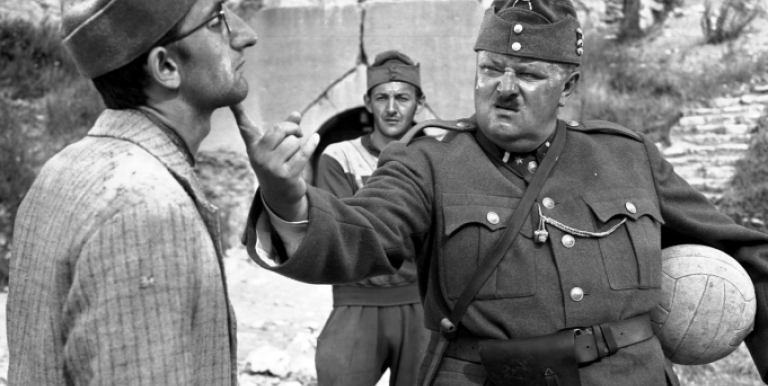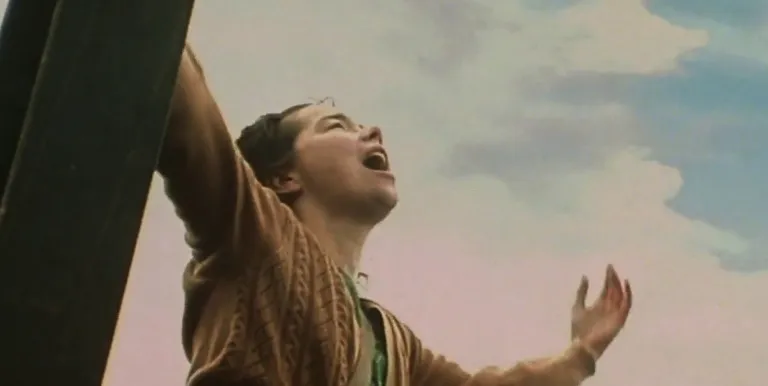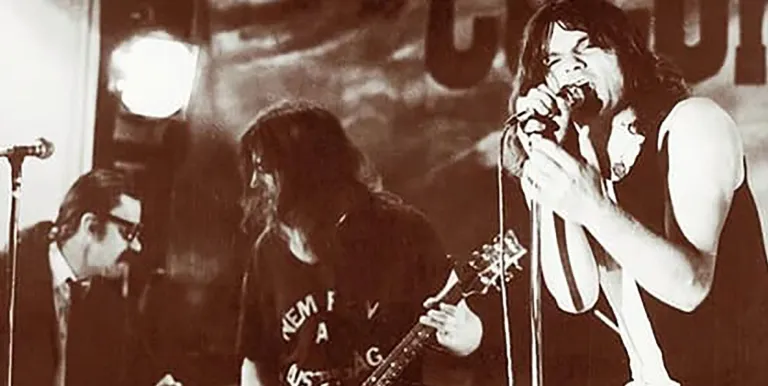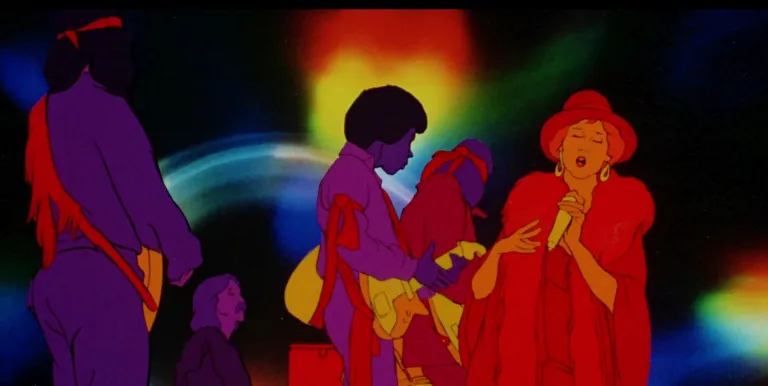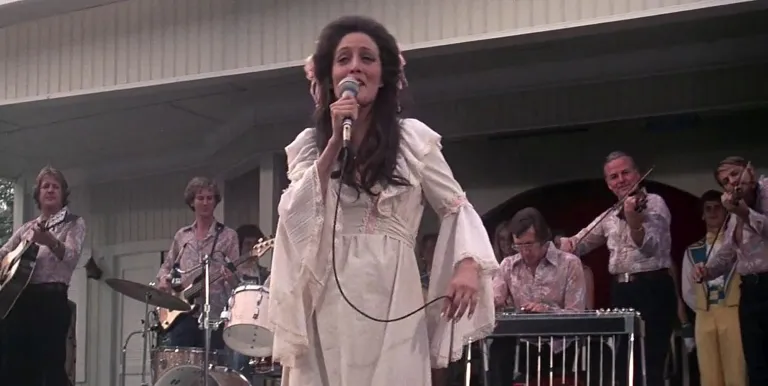Through the cooperation of the Palace of Arts and the Hungarian National Digital Archive and Film Institute (MaNDA), this new series will present the finest works of legendary Hungarian film directors. The first half of the year sees digital screenings of a selection of ten films from the life’s oeuvre of Zoltán Fábri. Although the three-time Kossuth Prize-winner Zoltán Fábri occupied pride of place in the display case of Socialist cultural policy, his work as a film director (1952-1983) was defined by the banning of his screenplays, so that he conveyed his humanist message about the world, dictatorship and human relationships in a series of literary adaptations that reached an audience of millions. Although he was essentially not an innovator in terms of the language of film, few directors would have as many powerful sequences in a hypothetical reel of the great symbolic moments in modern Hungarian film – from the dramatic merry-go-round scene in Körhinta (1955) to the vacant building site in A Pál utcai fiúk (1968), and from the expressive stadium in Hannibál tanár úr (1956) to Zoltán Latinovits’s major absurdly packing boxes in Isten hozta, őrnagy úr (1969). During the Second World War in Ukraine, the German high command comes up with the idea for Hitler’s birthday of recruiting a football team from among Hungarian prisoners of war in a forced labour camp to play a match against a team drawn from German units. (The story was actually based on real events.) Led by the legendary former star footballer Ónodi II (nicknamed Dió – Walnut), the Hungarian camp inmates beat the Germans, who, fearing a rebellion, shoot the members of the victorious Hungarian team. In this story combining an obsession for football with the psychology of the concentration camp, Zoltán Fábri reached the pinnacle of his art in the portrayal of the human spirit. For eleven men, football holds the prospect of survival: the clumsy, the sick and the old also want to play – for bread, for a rest from their labours, for freedom from terror. As the selector, however, Ónodi (Imre Sinkovits) takes the game deadly seriously. The characters we see are not heroes, but figures full of life. While the game becomes a battle of life and death, Fábri deploys a vast and tragicomic range of emotions, passions and moods swinging from one extreme to another within moments. Although the film stood out among the mediocre cinematic offerings of the late ’50s and early ’60s, with Fábri and Sinkovits winning the Hungarian film critics’ award while the film itself won a critics’ award in Boston in 1962, the future lay not in this work, but in Károly Makk’s Megszállottak (The Obsessed), a striking film that was made at the same time and heralded the arrival of modernism. Presented by: Palace of Arts
Presented by:
-
We wish to inform you that in the event that Müpa Budapest's underground garage and outdoor car park are operating at full capacity, it is advisable to plan for increased waiting times when you arrive. In order to avoid this, we recommend that you depart for our events in time, so that you you can find the ideal parking spot quickly and smoothly and arrive for our performance in comfort. The Müpa Budapest underground garage gates will be operated by an automatic number plate recognition system. Parking is free of charge for visitors with tickets to any of our paid performances on that given day. The detailed parking policy of Müpa Budapest is available here.

